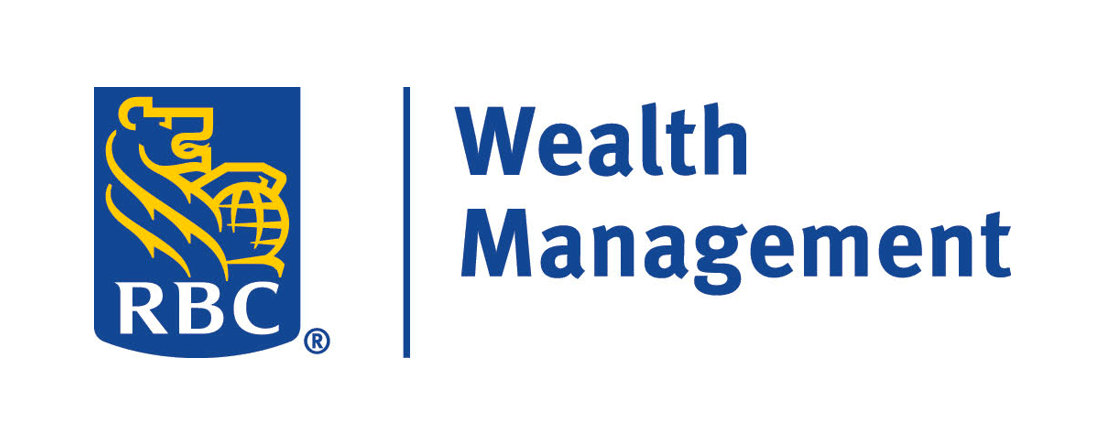
National investment loss lawyers KlaymanToskes is investigating RBC Wealth Management after the firm was ordered to pay over $1 million by the Financial Industry Regulatory Authority (“FINRA”) for failing to supervise its representatives’ short-term and excessive trading/“churning” of syndicate preferred stock investments.
RBC entered into a letter of Acceptance, Waiver, and Consent (“AWC”) with FINRA’s Department of Enforcement on April 14th which states that the firm consented to sanctions of a censure and is ordered to pay a fine of $300,000, along with $128,643.17 plus interest in restitution to customers, and $653,312.83 plus interest in disgorgement.
Investors that suffered significant losses at RBC Wealth Management should contact attorney Lawrence L. Klayman, Esq., at 888-997-9956, or lklayman@klaymantoskes.com to discuss their recovery options.
FINRA’s Investigation of RBC: $1M Order for Failure to Supervise
According to the AWC’s findings, nearly 40 financial professionals registered with RBC Wealth Management engaged in short-term trading of syndicate preferred stock that generated excessive commissions. In addition, RBC failed to establish and maintain a reasonable supervisory system to identify whether its registered representatives recommended short-term trading of syndicate preferred stocks that were unsuitable for customers.
FINRA’s Department of Enforcement states that “Preferred stocks are income-generating securities, which are priced at issuance at a fixed par value and over time typically pay dividends based on a percentage of that par value. They typically offer more consistent dividends than common shares and higher payments than bonds. Therefore, preferred stock generally is purchased for its income features and held long-term”.
However, for each of the preferred stocks at issue within the Department’s investigation, RBC was a member of the selling syndicate. This allegedly allowed RBC to capitalize upon their customers’ purchases of preferred stocks, as the issuer typically paid RBC a sales concession of 2%, a portion of which RBC shared with its brokers. Additionally, the Department found that in situations where customers held and later sold the preferred stocks, RBC occasionally charged customers sales commissions, which the firm also shared with its representatives.
The investigation revealed that firm-wide, there were “at least 798 recommended syndicate preferred stock purchases with a holding period of 180 days or less where there was a realized loss on the sale, even after accounting for dividend income”. RBC Wealth Management reportedly earned $653,313 in selling concessions from the syndicate stock purchases (collected from the issuer) and $128,643 in sales commissions from the subsequent sales (collected from the customers).
According to the Department, “Trading in syndicate preferred stock is subject to potential abuse where representatives make recommendations to customers to purchase the security, collect the sales concession, and then recommend a short-term sale of the security.” The regulator further stated in the AWC that this is “particularly questionable if the representative then solicits the customer to purchase a different syndicate preferred stock, again receiving a front-end sales concession.”
RBC was found in violation of the following securities rules:
RBC Customers: You Have Recovery Options
Many RBC representatives engaged in repeated short-term buying and selling of syndicate preferred stock. Customers who suffered losses may be entitled to a further financial recovery in addition to any restitution received.
KlaymanToskes can help you determine if your investment loss is due to the misconduct and/or securities violations of your firm/broker. Contact Lawrence L. Klayman, Esq. for a free, confidential consultation at 888-997-9956 or through our website, www.klaymantoskes.com. We do not collect attorney’s fees unless we obtain a financial recovery for you.
About KlaymanToskes
KlaymanToskes is a leading national securities law firm which practices exclusively in the field of securities arbitration on behalf of retail and institutional investors throughout the world in large and complex securities matters. The firm has recovered over $250 million in FINRA arbitrations and over $350 million in other securities litigation matters. KlaymanToskes has office locations in California, Florida, New York, and Puerto Rico.
Lawrence L. Klayman, Esq.
888-997-9956